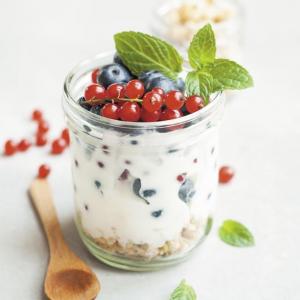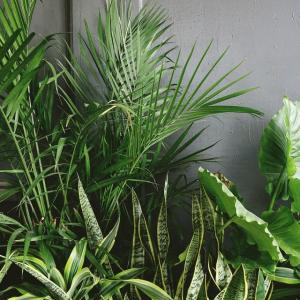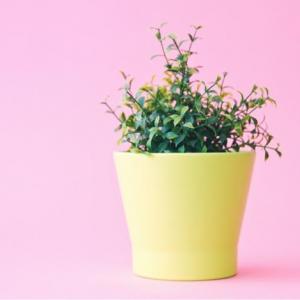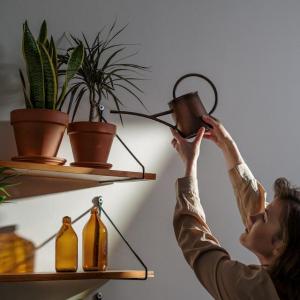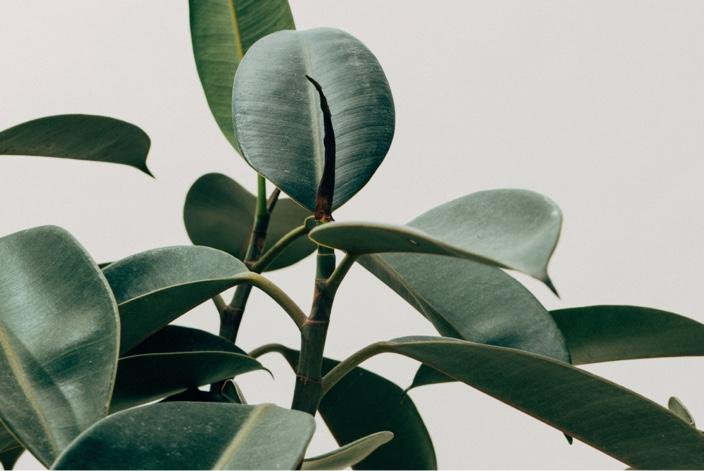
How to take plant cuttings: the basics
Plant growth during the current planting season is often used for plant shoot cuttings. Cuttings can be taken at different phases of a plant's development. The variety of cuttings includes hardwood and succulents. It is impossible to identify a single cutting type that will benefit all plants.
Adapt the time to the location to collect cuttings.
The majority of plants that are propagated in greenhouses may often be cut at any time. In early June, cuttings from deciduous plants are often collected. Usually, the middle of a branch should be used for cutting rather than the top or the end. You may decide at what point of development each variety of plant will root best by testing and gaining expertise.
Pick the "ideal" moment to trim the stock plant's stems.
Seasonal Change
From the same stock plant, some cuttings may root while others may not. There can be a "optimal moment" to collect plant cuttings. Numerous factors may determine how cuttings root. Depending on the season, several plants have varying rooting capacities. Success or failure in reducing production might depend on how long apart they are taken. Timing has a specific impact on woody plants. Some plants may even have trouble creating cuttings that are viable to develop roots beyond a certain age, often years.
young cuttings
When cuttings are taken from young portions of the plant, certain plants root more readily. When shoot cuttings are taken simultaneously from the same parent plant, some cuttings may have varying rooting capacities. A cutting may be youthful in terms of growing age, but it may be ancient in terms of the stem from which it was cut. Cuttings that are physically young but were taken from the top of a branch of a tree that is two years old may perform as well during root initiation as cuttings that are two years old.
Cuttings taken from the plant's base may have rooting qualities that reflect their true age, which is likely months rather than years. The location of the shoots on the plant might be one of the causes. Shoots from this year may root differently from shoots from the previous year. It is possible that lower-growing shoots get less sunshine than higher-growing shoots. Perhaps a few weeks separate the higher shoots from the lower sprouts. Use a lower dosage of Rhizopon AA or Hortus IBA Water Soluble Salts on younger shoots since they need less stimulation to root than older shoots. An atmosphere that is more stable is needed for the younger shoots to grow.
By keeping relatively young mother plants or hedging the young mother plants, it may sometimes be advantageous to promote juvenility. Since the mother plant must continuously create energy to develop new shoots, pruning of the mother plants should be kept to a minimum. To produce higher-quality cuttings, constantly switch out the mother plants.
In the DISCUSSION FORUM, Wesley Hackett's outstanding chapter, "Donor Plant Maturation and Adventitious Root Formation," from Adventitious Root Formation in Cuttings, is reproduced.
Take thorough notes
Making notes is crucial while collecting cuttings. In order to account for seasonal variance, provide information such as the number of days after a significant repeating occurrence, such as the forsythia's blossoming. Take note of the cutting's origin, the time and weather at which the cuttings were collected, the moment at which they were stuck, the date, etc.
Prior to applying Rhizopon AA or Hortus IBA Water Soluble Salts, take care of the cuttings.
As soon as plant cuttings are removed from the stock plant, they should be propagated. By keeping the basal end of certain plant cuttings covered in wet cloth until you're ready to treat and plant them, you can protect the cuttings from wilting. Never store unused cuts for a long time. Some cuttings, like prunus root stocks, may be maintained fresh by keeping them stored in plastic and in a cold location. To give the cuttings a healthy turgor, store them for approximately a day at a low temperature (about 40°F) and a high relative humidity (95%) level. Keeping tropical plants at room temperature is common practice.
Cutting the wounds before therapy to prevent bleeding
When treated with Rhizopon AA and Hortus IBA Water Soluble Salts, certain plant cuttings, such as hardwood cuttings, root more readily if a tiny nick or wound is formed at the basal end. The 'v' cut, which is often 1/2 to 3/4 inch long. Most herbaceous and tropical plants are not often "wounded."
Treatment
In accordance with the needs of the plant and the preferred technique, root the cuttings with Rhizopon and Hortus IBA Water Soluble Salts.
Choosing a rooting medium for cuttings
Cuttings of several plant species are rooted using various medium types. The medium that is best for the plant should be chosen by the grower. All peat moss, peat and sand mixtures, all sand, rockwool, and vermiculite or pearlite with soil mixes are a few examples of frequently used media varieties. You must reduce the concentration of Rhizopon AA or Hortus IBA Water Soluble Salts when using medium, such rockwool, that have no retention qualities.
文章
还没有人评论,快来抢沙发!



